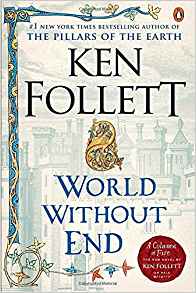| <- Back to main page |
Can it already be 2017? It seems like only yesterday we were scanning the cognoscenti’s lists of best books published in the 20th century. But books are still being written and published, believe it or not—some are even in print. If you happen to be looking for something more contemporary, here are a few gems from this millennium, compiled by Whistling Shade’s discerning editors and contributors.
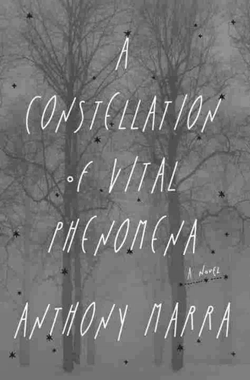
A Constellation of Vital Phenomena by Anthony Marra
A Constellation of Vital Phenomena (Anthony Marra, 2013) is easily the best novel written about war in this century. Its story of lost souls of a forgotten war in Eastern Europe is told through understated, jaded humor and unsentimental naivety. It resonates powerfully for the very fact that it teaches nothing and solves no enigma, but merely spotlights the myriad ways in which barbarism twists the human spirit.
- Justin Teerlinck
Real Love by Greg Baer
I've read a lot of personal development books on love and happiness and Greg Baer nails it with his book, Real Love. Baer states that relationships rarely work because we love people conditionally (which is imitation love: i.e. I like how you make me feel), something that has been taught us by our parents and our society. We are not considering how to love the other person to the best of our ability and caring about their happiness (Real Love or unconditional love); we are merely trying to figure out what we can gain in any moment. Baer claims that we are operating out of fear. When we are disappointed, angry and resentful, we are loving conditionally and someone is not meeting our conditions. When we are not in acceptance and approval, we are not loving unconditionally.
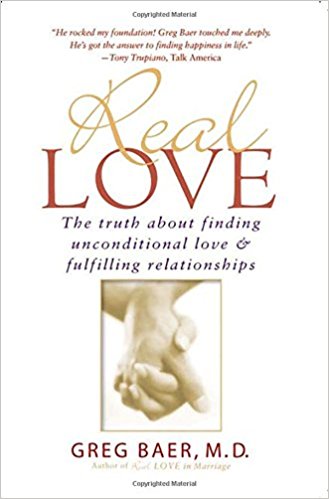
According to Baer, imitation love is better than nothing, but it is fleeting, conditional and empty. Still, we’d rather have some imitation love than nothing, so we use Getting Behaviors (lying, attacking, acting like a victim, and clinging) to acquire it and Protecting Behaviors (lying, attacking, acting like a victim, and running) to avoid being hurt. Forms of running include: withdrawing, avoiding people, leaving relationships, being shy, using drugs or alcohol.
Baer describes a four-step process on getting Real Love, which includes telling the truth (i.e. no secrets, no shame, no guilt, no hiding, no masking), being seen, being accepted and being loved. Until we operate from a place of unconditional love, nothing will ever be enough and this book details how to reach that place.
- Deanna Reiter
My Struggle by Karl Ove Knausgård
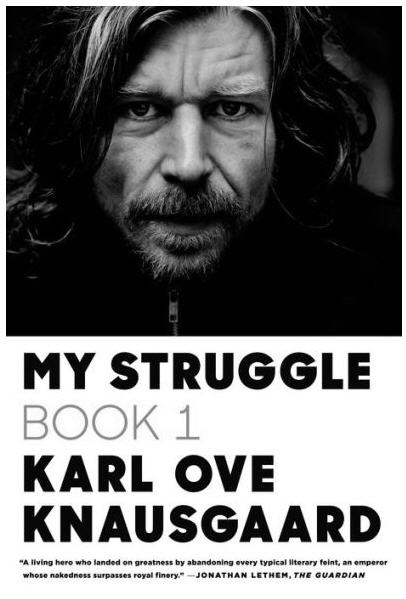
Karl Ove Knausgård is often described as a Norwegian heir to Marcel Proust. His 2009-11 My Struggle, a six-volume, 3600 page masterwork of autobiographical fiction demonstrates some kinship to Proust’s technique, with its chains of mnemonic association, philosophical digressions, and lengthy descriptions of events that miraculously fall short of longueurs. But it’s ultimately an unpretentious reflection on life experience, told in language that is never sensational or magnified. As the reader follows Knausgård from childhood through early middle-age and the creative birth pangs of the work they’re reading, they’ll likely feel a kinship with a guileless, almost innocent, narrator whose “struggle” is simply mundane, dogged endurance.
- Sten Johnson
The Social Conquest of Earth by Edward O. Wilson
Understandable by everybody, in this non-fiction book the world famous scientist Edward O. Wilson addresses the fundamental questions of religion, philosophy, and human evolution, all based strictly on scientific facts and research in evolution, genetics, and cognitive psychology. Politically correct academicians and religious tolerants will burn it on pyre!
- Jarda Cervenka
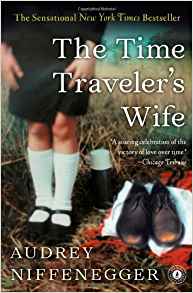
The Time Traveler’s Wife by Audrey Niffenegger
Henry travels through time—involuntarily, always arriving naked and having to steal or borrow clothes and scrounge for food. He most often visits his own past, spending time with his younger self. But then he starts to appear in his wife's past in the 1980s Chicago area—he's in his late thirties and she's a child of six or seven. Thus begins one of the most unusual romances ever committed to the printed page. Time travel is typically the domain of two genres—Science Fiction and Historical Romance—not known for their literary taste. While The Time Traveler's Wife (2003) uses some sci-fi tropes (genetic mutation, futility of changing the past) and does tell the story of a great romance, its quirky originality, deeply shaded characters, realistic description and (above all) the sheer beauty of the writing make it more of a literary novel. And one of the best novels of any sort published this century.
- Joel Van Valin
Ooga Booga
by Frederick Seidel
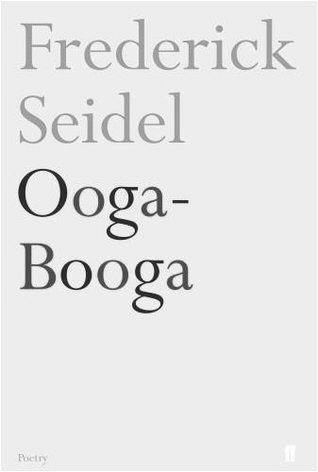
In honor of 21st century America's obsession with our old culture wars, I have returned to a chronicler of the 20th century. Ooga Booga by Frederick Seidel (2006) is perhaps the last great book of 20th Century modernist poems. Its arch tone and music sometimes recall Eliot, its dark playfulness Berryman. But it's timely nonetheless, as it's obsessed with the currents and eddies that formed our current era—from JFK's assassination, to Hitler, to slavery and Jim Crow, to the debaucheries of the Shah of Iran. Seidel, decadent and unflinching, could be called unapologetic except for the ways in which his subject matter is beyond apologies and pat reassurances. As a witness, or perhaps a voyeur, he implicates himself and all of us. He is not the firebrand we need to combat the current reactionary regime, but rather the world-weary tour guide only too happy to show us how we got here.
- Julian Bernick
World without End by Ken Follett
My favorite book from this century so far is World Without End by Ken Follett (2008). It's a sequel to The Pillars of the Earth. I care what happens to his main characters. Hate the ones I'm supposed to hate. Love the ones I'm supposed to love. I'm never left wondering what he just said, and he holds fast to a functional and pragmatic vocabulary. As a writer I'm drawn to novels that tell a complex story in a straightforward and understandable way, and with minimal word count. Ken Follett does this, so he is my current front runner.
- Lee Henschel Jr. 
